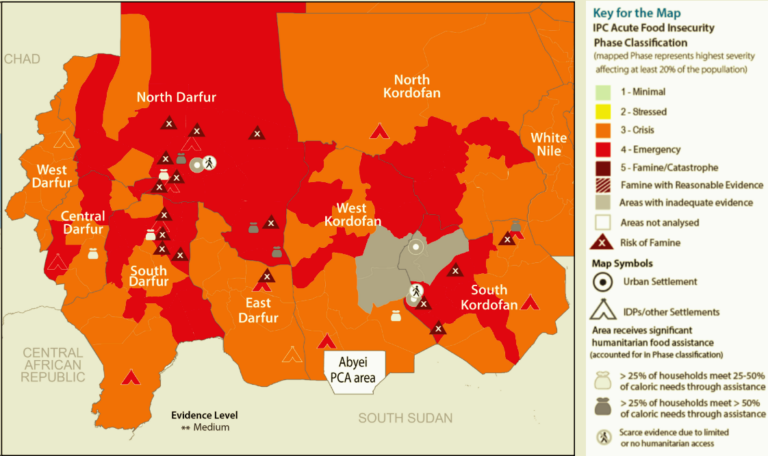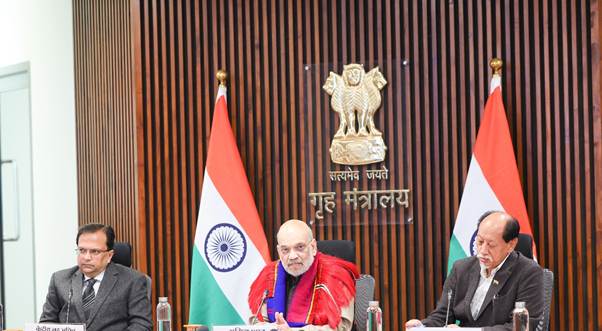
New Delhi: The Union Cabinet today approved continuation of the Centrally Sponsored Scheme (CSS) for development of infrastructure facilities for judiciary for further five years from April 1, 2021 to March 31, 2026. The total cost of the scheme will be Rs.9000 crore, out of which Central share will be Rs.5357 crore.
Today’s decision of the Union Cabinet will help in construction of 3800 court halls and 4000 residential units(both new and ongoing projects) for judicial officers of District and Subordinate Courts, 1450 lawyer halls, 1450 toilets complexes and 3800 digital computer rooms.
The project will be monitored through an on-line monitoring system set up by the Department of Justice with technical assistance from ISRO. That will enable data collection on progress, completion of court halls and residential units under construction as well as better asset management.
Moreover, the upgraded “Nyaya Vikas-2.0” web portal and mobile application would be used for monitoring physical and financial progress of CSS judicial infrastructure projects by geo-tagging completed and ongoing projects. Quarterly review meetings are held with the representatives of all States/UTs and High Courts to review the status of implementation of projects. Besides, regular State level meetings of the Monitoring Committee will be held by High Courts, States with State Chief Secretaries and PWD officials to enable speedy and good construction.
A Centrally Sponsored Scheme (CSS) for Development of Infrastructure Facilities for Judiciary has been in operation since 1993-94. Since the inception of the scheme till 2014, the Central Government over 20 years provided Rs. 3444 crore to the State Governments and Union Territories. However, in the last seven years, the government has sanctioned Rs 5200 crore till date accounting for nearly 60% of the sanction made so far.
The Central share also includes Rs.50 crore as recurring and non-recurring grants for a period of five years from April 1, 2021 to March 31, 2026 for the Gram Nyayalayas Scheme which will be implemented in a ‘mission mode’ through National Mission for Justice Delivery and Legal Reforms. However, funds will be released to the states only after the notified Gram Nyayalayas are operationalised and Nyayadhikaris have been appointed and reported on the Gram Nyayalaya portal of Department of Justice. A review will be undertaken after one year to assess whether Gram Nyayalaya Scheme has successfully achieved its objective of providing speedy and affordable justice to the rural marginalized. The Gram Nyayalaya Portal will help online monitoring of working of the Gram Nyayalayas by the implementing states.
The Gram Nyayalayas Act, 2008 that came into force from October 2, 2009 was enacted for establishment of Gram Nyayalayas for speedy and easy access to justice system in the rural areas of India. A scheme of central assistance was formulated simultaneously to fund the initial cost in terms of non-recurring expenses for setting up of these courts with the assistance limited to Rs. 18.00 lakhs per Gram Nyayalaya as a one-time measure. Central Government also decided to bear 50% of the recurring expenses of these courts subject to a ceiling of Rs. 3.2 lakhs per court per annum during the first three (3) years of their operations. 13 states have implemented this scheme by notifying 455Gram Nyayalayas out of which 226 are functional. A sum of Rs. 81.53 crore has been sanctioned since the inception of the CSS Scheme.
Adequacy of judicial infrastructure is critical for reduction of pendency and backlog of cases in Courts. Several courts are still functioning in rented premises with insufficient space and some in a dilapidated condition without basic amenities. Lack of residential accommodation to all the judicial officers also adversely affects their working and performance.
Though the primary responsibility of infrastructure development for the subordinate judiciary rests with the State Governments, the Central Government through this CSS seeks to augment the resources of the State Governments for construction of court buildings and residential quarters for Judicial Officers (JO) in all the States and UTs.
– global bihari bureau





